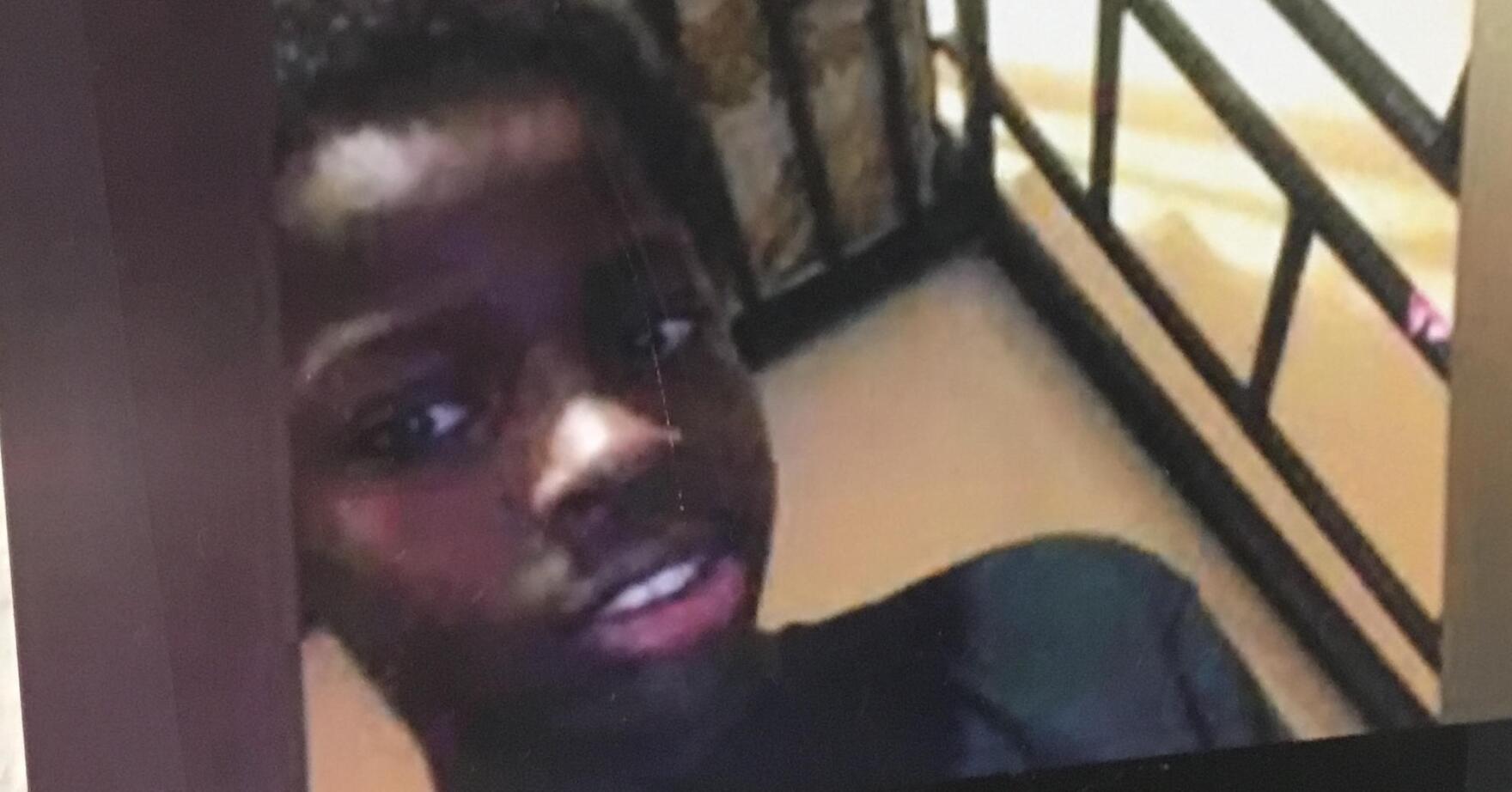A committee of West Virginia lawmakers agreed Monday evening to recommend a bill to the full Senate that would prohibit discrimination based on hair type.
Senate Bill 850, originating in the Judiciary Committee, would add protections for “hair textures and protective hairstyles historically associated with a particular race” to the West Virginia Human Rights Act. This section of state code already prohibits discrimination regardless of race, gender, age and other characteristics.
Protective hairstyles include braids, locks and twists, according to the bill, which also has been dubbed the “Crown Act.”
Similar legislation in the House of Delegates was referenced to the House Government Organization Committee in January but never considered.
Senators heard from Beckley resident Tarsha Bolt before voting on the bill. She talked to the committee about an incident earlier in the school year, when a basketball coach barred her teenage son from playing because of her son’s dreadlocks.
According to Bolt, her son missed three games because he wouldn’t change his hair.
“If you guys are familiar with dreadlocks, you would know that it’s just a natural way of maintaining the texture of his hair,” Bolt told lawmakers on Monday. “It’s not something you can just cut out or rip out.”
The discrimination occurred despite the fact, she added, that her son was allowed to play on the same school’s football team and participate in the JROTC program earlier that year, with the same dreadlocks.
“It was just not right. Why was he targeted?” Bolt asked. “Why were his dreadlocks targeted? He’s a good kid. He has good grades. He has the skills to make the team. Why should his hair have him benched? And why should he be bullied to strip himself of his identity?”
As the Beckley Register-Herald reported following the meeting, Wood County Sen. Mike Azinger, a Republican, was opposed to the bill. As of Tuesday he was the only members of the Senate Judiciary Committee not appearing on the bill as a co-sponsor.
Calling the proposal a “sticky situation,” Azinger asked the committee to consider replacing it with a study resolution instead.
The motion failed.
Sen. Ryan Weld, R-Brooke, said the bill was “appropriately authored” by the committee counsel.
“I think that as it relates back to the race aspect [of the West Virginia Human Rights Act], I think that it is proper,” Weld said.
Sen. Mark Maynard, R-Wayne, agreed with Azinger, saying he wanted to hear from the coach Bolt mentioned and sporting groups like the Southern States Athletic Conference.
Sen. Richard Lindsay, D-Kanawha, said the bill was about more than the Beckley incident.
“This is something that applies across the spectrum to all types of individuals,” Lindsay said.
In the House of Delegates, Del. Danielle Walker, D-Monongalia, was the lead sponsor behind the House version of the bill. She called the Senate’s action a success.
“Discrimination and hate have no home here, there or anywhere,” Walker said in an interview Tuesday morning. “It’s not just about a high school student and a coach. It is about a landlord and a tenant. It is about an employer and an employee. It’s about an employee trying to go up the chain, but who is stuck because of how their natural hair [is], and the texture of their natural hair.”
The Senate was scheduled to consider any potential amendments to the bill on Tuesday, Feb. 25, before voting on whether to pass the bill to the full House of Delegates for consideration on Wednesday.
Emily Allen is a Report for America corps member.
